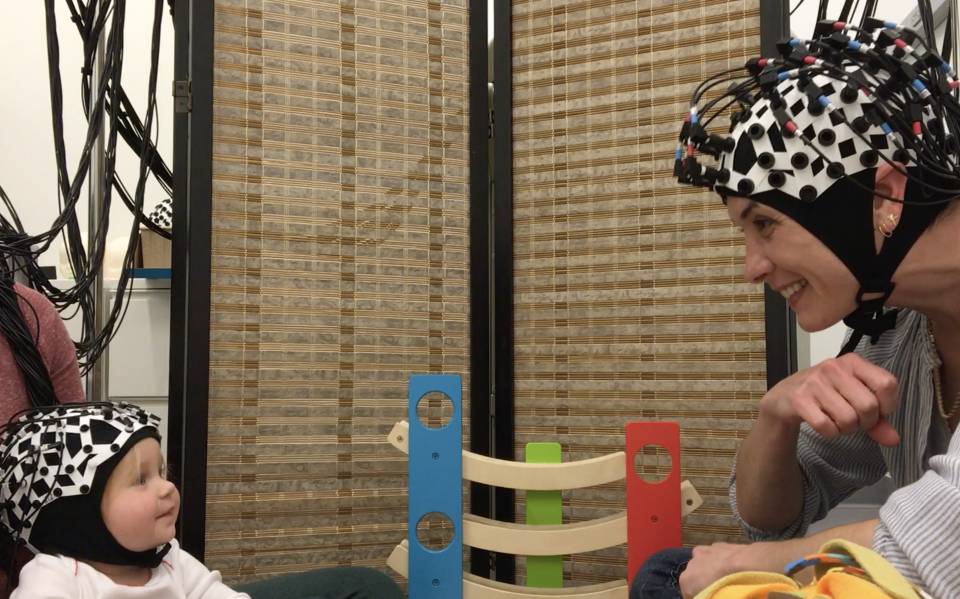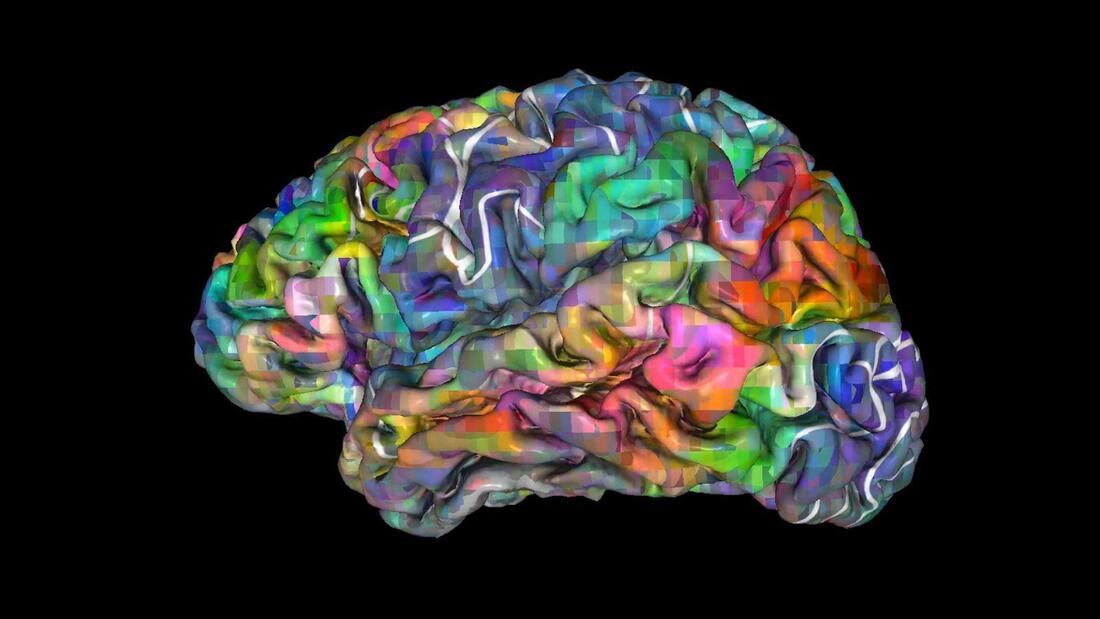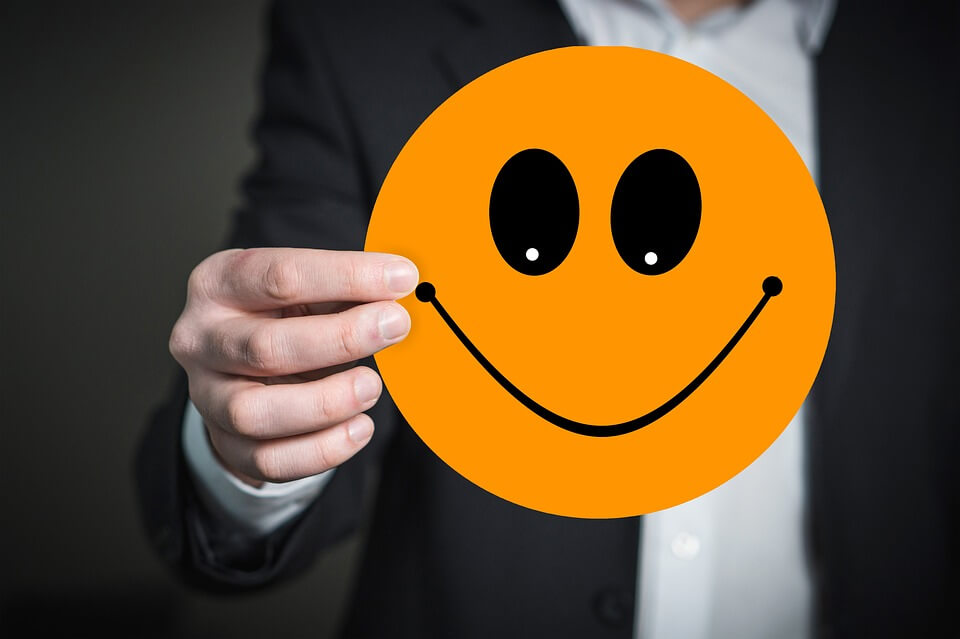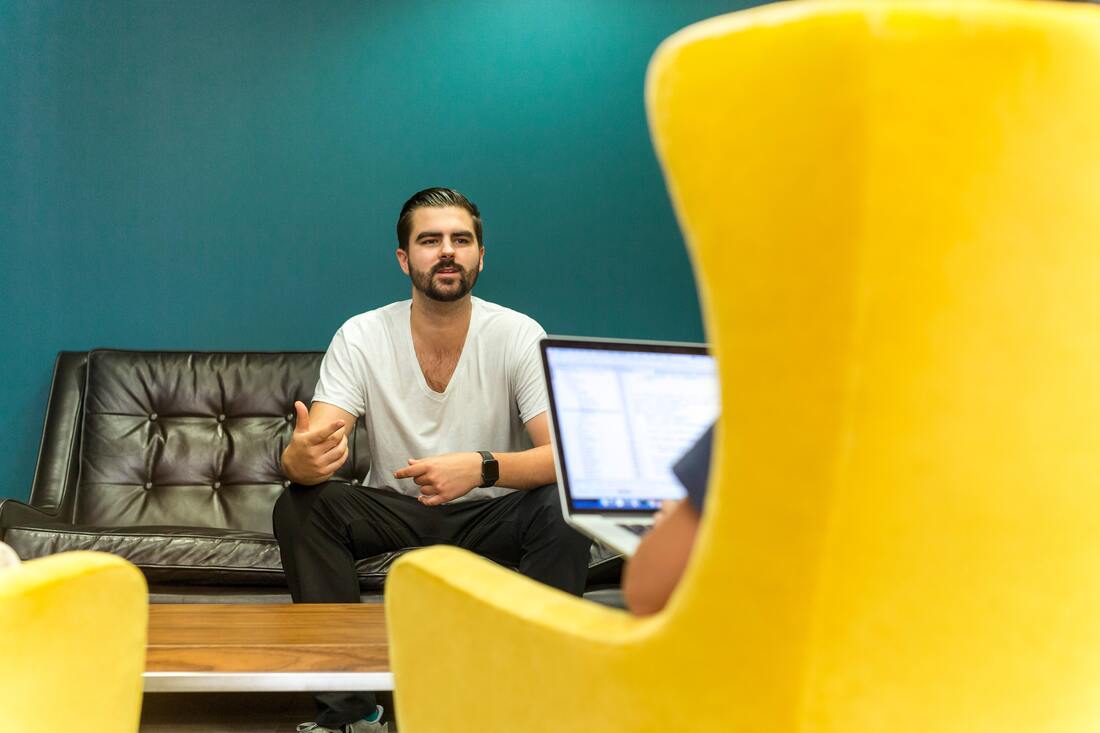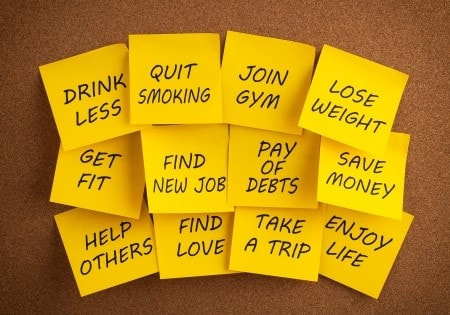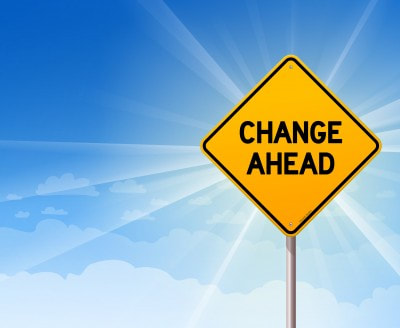|
Many believe EQ is a "you've got it or you don't" trait like height or eye colour but that view is false. Emotional intelligence is teachable like any other skill and buildable like any other strength. However, it comes with the same limitations and caveats, individuals start from different levels and it takes effort, it requires changing thought patterns and being outside of your comfort zone.
Below I outline my approach which works consistently. It is simple - but that doesn't mean easy. Like physical fitness, it takes consistent effort over time. I predict a huge shift to the way people go about building mental fitness and health through understanding the role of inflammation as driver for fatigue, fogginess and even depression and anxiety.
I’m always happy to pass on great info, and this is great info! The full piece "Adult and Baby Brain Sycn-Up During Play" by Liz Fuller-Wright was first published on Jan 9 2020 Princeton University News I’ve included a few snippets below lifted from the full article.
It's unusual for a leadership coach to tell their clients they haven't got as much free will as they think. Kinda goes against the "you can do it." message that is part of premise of coaching.
But it is a message I've been giving for years. Why? Well because it is true. Happiness is not the pursuit of hedonistic joy or the compulsion to show your living the awesome Instagram life - it is and includes struggle and strangely sadness.
In my previous blog I talked a little bit about the effects of blame and guilt, and fear and judgment, from leaders on their people and on the culture of your organization, and how unproductive that is.
This blog is an extension of that, because, I want to talk today about the influence of low emotional intelligence in the people themselves, whether they're employees or colleagues, and the role that that plays. Today I'm going to talk to you about the direct influence of the four big bads for a good corporate culture. They are blame, guilt, fear and judgment. And by judgment I don't mean judgment about a strategy, I mean judgment about a person, whether that person is a good person or a bad person, for example.
So, let's see how they apply. Australia has a habit of digging up coal for power and metallurgical purposes. The coal industry makes for a useful analogy to explain some important ideas about habit creation and change. I’m not pro-coal or anti-coal, as a born and bred Novocastrian coal is in my blood (and probably in my lungs too) and, notwithstanding the broader environmental context, we in Newcastle owe a lot to the industry. Regardless, this post is about habits – not politics, economics or environmental policy.
We are fast approaching that part of every year where we tend to take a break, reflect and start making plans and setting personal goals. It seems that the New Year is the perfect moment to take stock and look at changing some habits.
Think about the very basis for defining life of an organism – any organism.
Question: What one condition is critical for all life? Answer: Relative sameness, relative stability! Habit change can be hard because the major measure of 'good' as far as your body is concerned is its reference to 'normal'. |
|
Copyright 2019: Donovan Ataraxy Pty Limited. All rights reserved.



